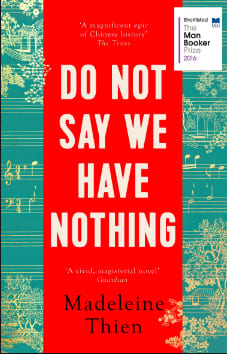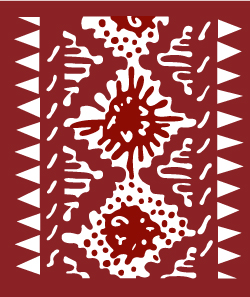
Book Group 1
Do Not Say We Have Nothing is a multi-generational saga mostly set in China that deals with more than 60 years of the country’s history, starting with the 1949 Communist Revolution moving onto the Cultural Revolution (1966) and climaxing with the Tiananmen Square protests of 1989. In between these major events in Chinese history we have a framing story set in Canada and present day Beijing.
The novel opens in Canada in the early 90s where young Marie, whose father has just committed suicide, is introduced to Ai-Ming, who has escaped to Canada after Tiananmen Square. Through Ai, Marie learns about her own father and his connection to Ai’s father, Sparrow, whose life runs like a golden thread through the story. Thien interweaves history, music, mathematics and language to express that history is a fluid and always repeating pattern. In this sense it’s not by chance that all main characters have a great passion for music, in particular Bach’s Goldberg Variations, Prokofiev and Shostakovich. The mathematical concept of zero, on which other numbers depend, pops up in various contexts, not least in Tiananmen Square referred to as the “zero point”. By showing which effects the big events in Chinese 20th century history had on ordinary lives, the author reminds us throughout the novel that strict ideology – right or left – is the best way to kill creativity, imagination and genius.
This very complex book in which so many different stories are interlocked brought up numerous points of views among our group and initiated a very lively discussion which brought us to the final conclusion that the most driving forces of the novel are the human emotions love and betrayal, framed by disruptive historical events.
Birgit Groh
